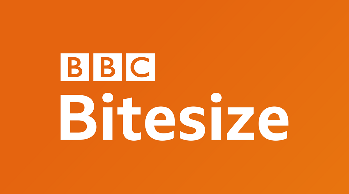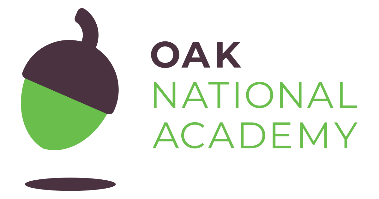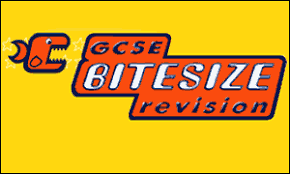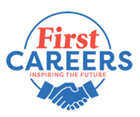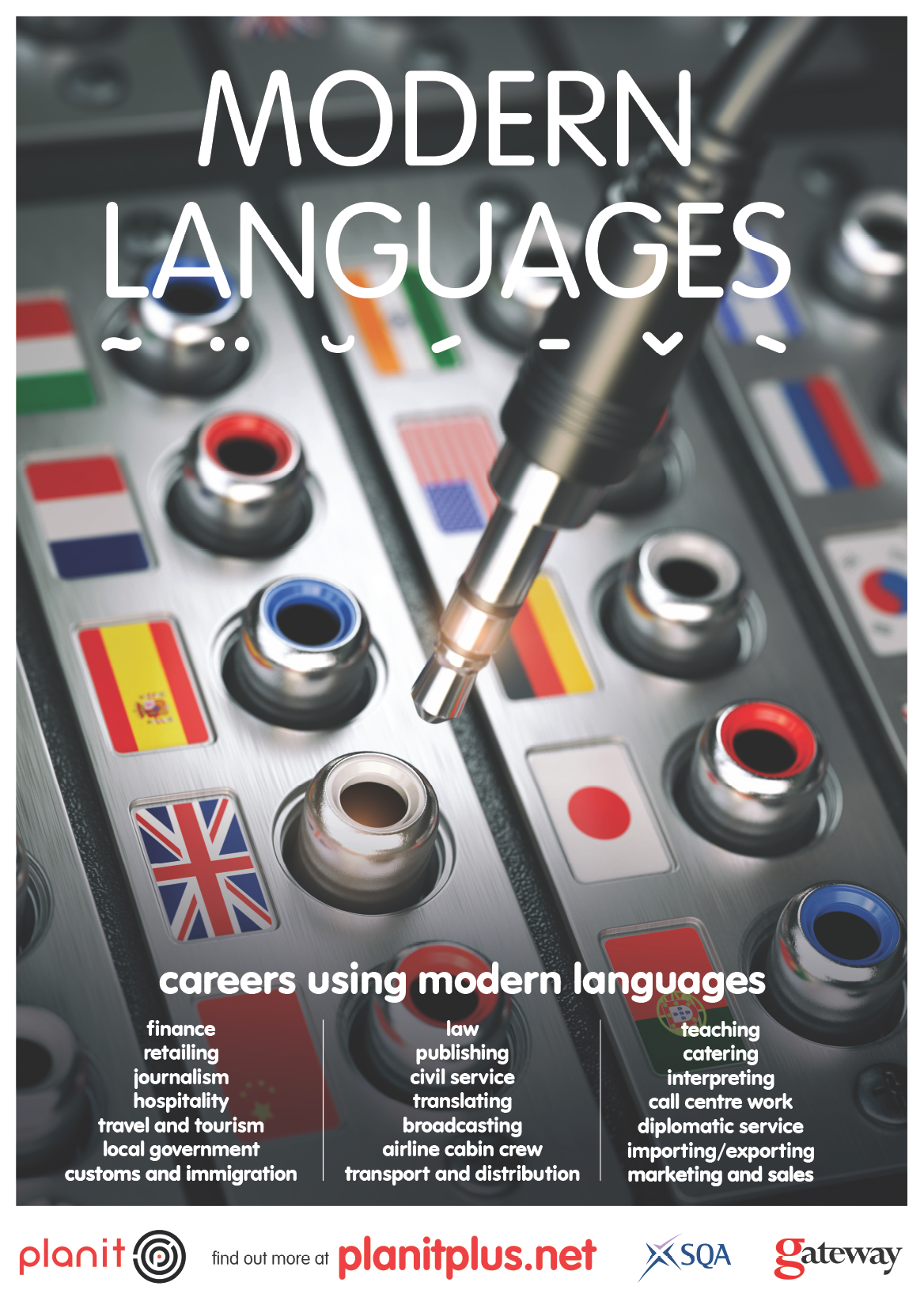MFL
Curriculum vision
“A foreign accent is a sign of bravery.” Amy Chua
Through our teaching of Modern Foreign Languages, we believe we nurture learners who are confident and effective communicators, alongside developing their understanding of and empathy for other cultures and the individual. Scientific studies consistently confirm that language-learning actively improves brain health and function, producing higher academic performance, improved concentration, more powerful memory and stronger communication skills. By thus boosting our students’ transferable skill set, the MFL Department plays a significant role in promoting our students’ performance across the wider curriculum and in improving their life chances.
Effective communication is achieved through:
- An oral tradition, through which learners succeed in applying increasingly complex grammatical concepts and a secure knowledge of phonics to a growing range of vocabulary. This promotes linguistic autonomy across the four key modalities: listening, speaking, reading and writing (Developing body through greater self-expression and listening skills).
- Exploring a wide variety of topics and sub-topics studied in the contexts of both the UK and relevant countries abroad: Identity and culture, Local area, Holidays and travel, School, future aspirations and work and the International and global dimension. (Developing mind through cognitive skills)
Piquing learners’ curiosity in discovering an array of other cultures. As they become increasingly inquisitive, open-minded and adaptable, students’ grow in confidence, empathy, independence and resilience. (Developing character through research and LotC opportunities)
Students will be resilient, able to communicate confidently and to forge respectful relationships. They will thrive through immersing themselves in culture, language and knowledge. They will have a life-long love of language learning and a desire to travel and learn more about the global community. They will take their linguistic and transferable skills into their places of further study and the workplace.
“Studying MFL inspires me to travel and explore new things in life. It has helped me to improve my resilience and self-confidence.” Year 9 student
Curriculum overview
Spanish Curriculum Overview
Spanish – Curriculum Overview
|
|
Half-term 1 (Autumn) |
Half-term 2 (Autumn) |
Half-term 3 (Spring) |
Half-term 4 (Spring) |
Half-term 5 (Summer) |
Half-term 6 (Summer) |
|
Year 7 |
Introductions, numbers, months, age and birthdays, colours, opinions, classroom objects, phonics, grammar. |
Family members, pets and animals, eyes and hair, physical and character descriptions, phonics, grammar. |
Types of houses and locations, describing my house, rooms and furniture, my bedroom, prepositions, phonics, grammar. |
Descriptions of town, saying what there is and where you can do things in town, directions, phonics, grammar. |
The time, daily routine, my journey to school, school subjects, opinions, the school day, describing my school, phonics, grammar. |
Sports, free time, using the simple future tense, phonics, grammar. |
|
Year 8 |
Pets, higher numbers, possessives, family descriptions, opinions about where we live, grammar, phonics. |
Talking about breakfast items, the partitive article, national holidays (Bastille Day), using a glossary and dictionary, grammar, phonics.
|
Places in town, prices, irregular verbs, discussing where you go at the weekend, inviting someone out, grammar, phonics. |
Ordering drinks and snacks in a café, future tense, sequencing words, weekend plans, using two tenses together, grammar, phonics. |
School holidays, key irregular verbs avoir & être in the present tense, the past tense of regular verbs, describing what you did on holiday, grammar, phonics. |
Past tense of irregular verbs, negatives in in the past, taking part in an interview about a special holiday, grammar, phonics.
|
|
Year 9
|
Food and drink, talking about mealtimes and ordering a meal, giving opinions, negatives, grammar, phonics. |
Food and drink. Menu planning for parties using the future tense, talking about celebrations in three tenses, grammar, phonics. |
Arranging to go out, the conditional, making excuses, modal verbs, grammar, phonics. |
Getting ready to go out, clothes, fancy dress, discussing sporting events. Using three tenses together, grammar, phonics. |
Holiday activities and holiday homes, the comparative and superlative, the imperative, grammar, phonics. |
Summer camps, asking for directions, describing a world trip, using three tenses together, grammar, phonics. |
|
Year 10 |
Media and technology, my personal world -making plans with others -staying active -TV /film preferences Grammar Phonics |
Lifestyle and wellbeing - identity - daily routines - relationships - celebrations Grammar Phonics |
Studying and my future - school life (past and future) Grammar Phonics |
Lifestyle and wellbeing - food - illness - lifestyle changes Grammar Phonics |
Travel and tourism -holidays - booking accommodation Grammar Phonics |
My neighborhood -geography and climate -environmental issues -solutions - new technologies Grammar Phonics |
|
Year 11 |
Identity and culture. Mealtimes, illness, international diets, festivals, customs, celebrations. Grammar Phonics |
Future aspirations, study and work. Job preferences, earning money, work experience, future work plans. Grammar Phonics |
International, environmental and global issues and solutions, Healthy eating and healthy lifestyles. Grammar Phonics |
Examination focus. |
Examination focus. |
Exams |
French Curriculum Overview
|
|
Half-term 1 (Autumn) |
Half-term 2 (Autumn) |
Half-term 3 (Spring) |
Half-term 4 (Spring) |
Half-term 5 (Summer) |
Half-term 6 (Summer) |
|
Year 7 |
Introductions, numbers, months, age and birthdays, colours, opinions, classroom objects, phonics, grammar. |
Family members, pets and animals, eyes and hair, physical and character descriptions, phonics, grammar. |
Types of houses and locations, describing my house, rooms and furniture, my bedroom, prepositions, phonics, grammar. |
Descriptions of town, saying what there is and where you can do things in town, directions, phonics, grammar. |
The time, daily routine, my journey to school, school subjects, opinions, the school day, describing my school, phonics, grammar. |
Sports, free time, using the simple future tense, phonics, grammar. |
|
Year 8 |
Pets, higher numbers, possessives, family descriptions, opinions about where we live, grammar, phonics. |
Talking about breakfast items, the partitive article, national holidays (Bastille Day), using a glossary and dictionary, grammar, phonics.
|
Places in town, prices, irregular verbs, discussing where you go at the weekend, inviting someone out, grammar, phonics. |
Ordering drinks and snacks in a café, future tense, sequencing words, weekend plans, using two tenses together, grammar, phonics. |
School holidays, key irregular verbs avoir & être in the present tense, the past tense of regular verbs, describing what you did on holiday, grammar, phonics. |
Past tense of irregular verbs, negatives in in the past, taking part in an interview about a special holiday, grammar, phonics.
|
|
Year 9
|
Food and drink, talking about mealtimes and ordering a meal, giving opinions, negatives, grammar, phonics. |
Food and drink. Menu planning for parties using the future tense, talking about celebrations in three tenses, grammar, phonics. |
Arranging to go out, the conditional, making excuses, modal verbs, grammar, phonics. |
Getting ready to go out, clothes, fancy dress, discussing sporting events. Using three tenses together, grammar, phonics. |
Holiday activities and holiday homes, the comparative and superlative, the imperative, grammar, phonics. |
Summer camps, asking for directions, describing a world trip, using three tenses together, grammar, phonics. |
|
Year 10 |
Media and technology, my personal world -making plans with others -staying active -TV /film preferences Grammar Phonics |
Lifestyle and wellbeing - identity - daily routines - relationships - celebrations Grammar Phonics |
Studying and my future - school life (past and future) Grammar Phonics |
Lifestyle and wellbeing - food - illness - lifestyle changes Grammar Phonics |
Travel and tourism -holidays - booking accommodation Grammar Phonics |
My neighborhood -geography and climate -environmental issues -solutions - new technologies Grammar Phonics |
|
Year 11 |
Identity and culture. Mealtimes, illness, international diets, festivals, customs, celebrations. Grammar Phonics |
Future aspirations, study and work. Job preferences, earning money, work experience, future work plans. Grammar Phonics |
International, environmental and global issues and solutions, Healthy eating and healthy lifestyles. Grammar Phonics |
Examination focus. |
Examination focus. |
Exams |
At Blacon High School, we are fortunate that a number of our students speak additional languages. We highly value the enrichment that cultural diversity brings to our school community and we consider multilingualism a skill which is worthy of celebration. For this reason, we aim to enter eligible Year 11 students for GCSE qualifications in any of the available additional languages. This offers them recognition for their linguistic ability and, of course, an extra formal qualification.
The foreign language GCSE examines the four key skills of listening, speaking, reading and writing. Each skill contributes 25% towards a final grade so it is essential that a candidate is able to read and write. If a student has an additional language but communicates only verbally at home, we advise that parents/guardians begin, at the earliest opportunity, to support them in reinforcing and developing their literacy skills. Candidates do not need to be reading and writing ‘experts’ to succeed at GCSE but they must certainly have some ability in these areas. The Modern Languages Department is able to advise further and welcome any inquiries.
Arabic, Bengali, Biblical Hebrew, Chinese (Mandarin or Cantonese speaking element), French, German, Greek, Gujurati, Italian, Japanese, Modern Hebrew, Panjabi, Persian, Polish, Portuguese, Russian, Spanish, Turkish, Urdu
If you believe your child could be a suitable candidate for GCSE entry in one of the above languages, we ask that you contact the Modern Languages Department as soon as possible so that we may begin to offer you our personalised guidance and support. We will also be able to direct you to one of our Additional Languages Google Classrooms, where we provide a range of resources and subject-specific information. In the meantime, please feel free to follow one of the links above, where you will be able to view the relevant GCSE specification (exam syllabus) and access a range of past papers / mark schemes.
In order to access suitable revision / practice materials, you have immediate access to a Google Classroom, where there are GCSE past papers and mark schemes, alongside links to useful revision and support materials. For classroom codes, please see below.
Between now and Year 11, please do sit with your child and support them in using these resources as frequently as possible.
The existing Google Classroom codes are:
French: exgrkzv
Polish: hvw5jp3
Arabic: 674i6kl
Urdu: bjdkhat
Russian: hlw5pbo
If you require a Google Classroom for a different language, please let me know and I will be happy to set this up for you.
Do not hesitate to contact Mrs Hassall, Head of MFL, with any questions
Curriculum accreditation
KS4 French
Key Stage 4 French students follow the Edexcel GCSE French specification.
KS4 Spanish
Key Stage 4 Spanish students follow the Edexcel GCSE Spanish specification.
The full Edexcel French and Spanish specification can be downloaded at the bottom of this page.
Further learning
French
Additional subject specific materials and resources to support learning in French can be found be visiting the websites below.
Click on the KS3 BBC bitesize logo to visit their website
Click on the KS3 Oak Academy logo to visit their website
Click on the GCSE BBC bitesize logo to visit their website
Click on the KS4 Oak Academy logo to visit their website
Spanish
Additional subject specific materials and resources to support learning in Spanish can be found be visiting the websites below.
Click on the KS3 BBC bitesize logo to visit their website
Click on the KS3 Oak Academy logo to visit their website
Click on the GCSE BBC bitesize logo to visit their website
Click on the KS4 Oak Academy logo to visit their website

